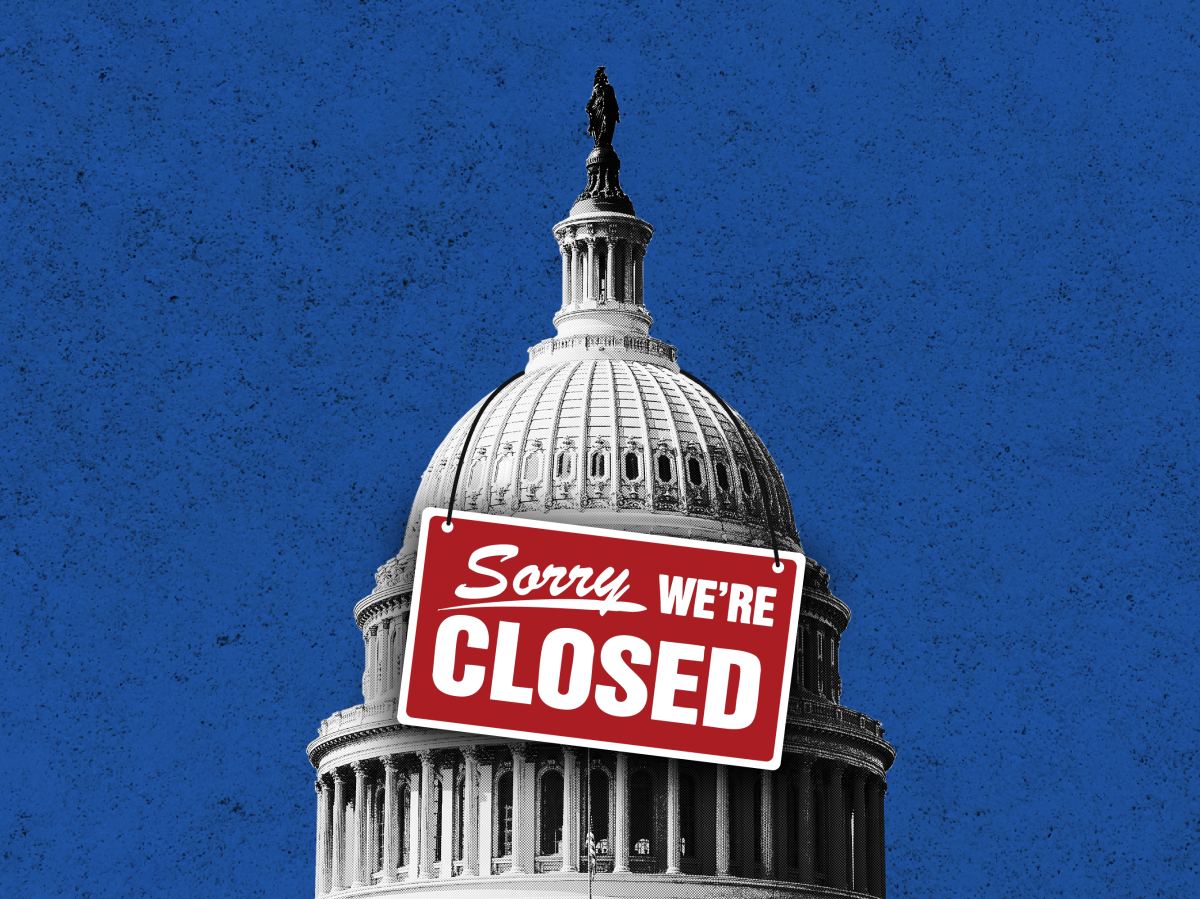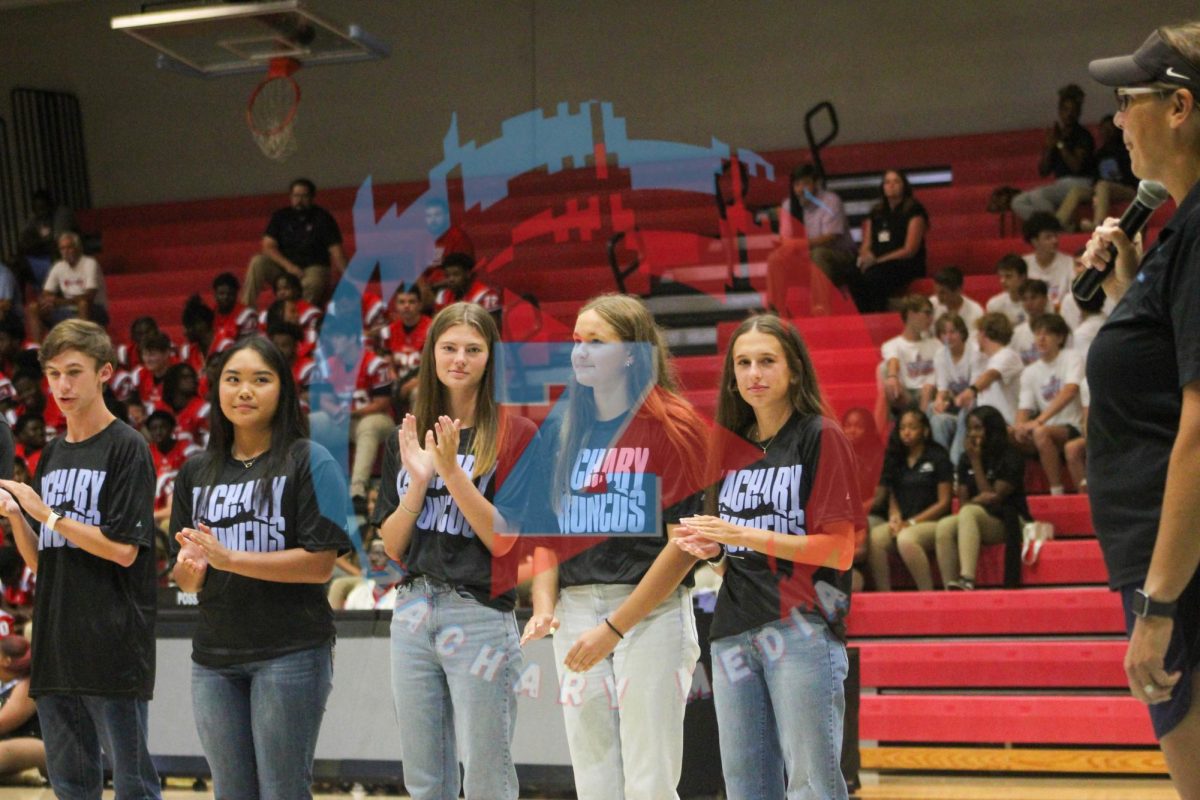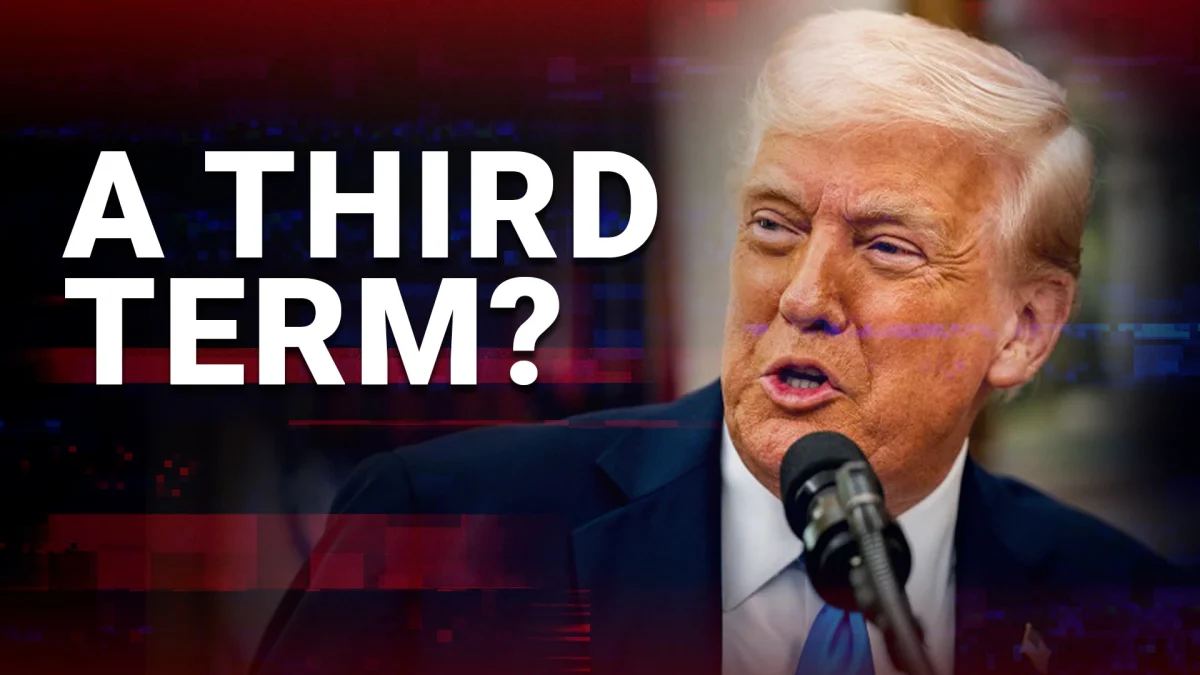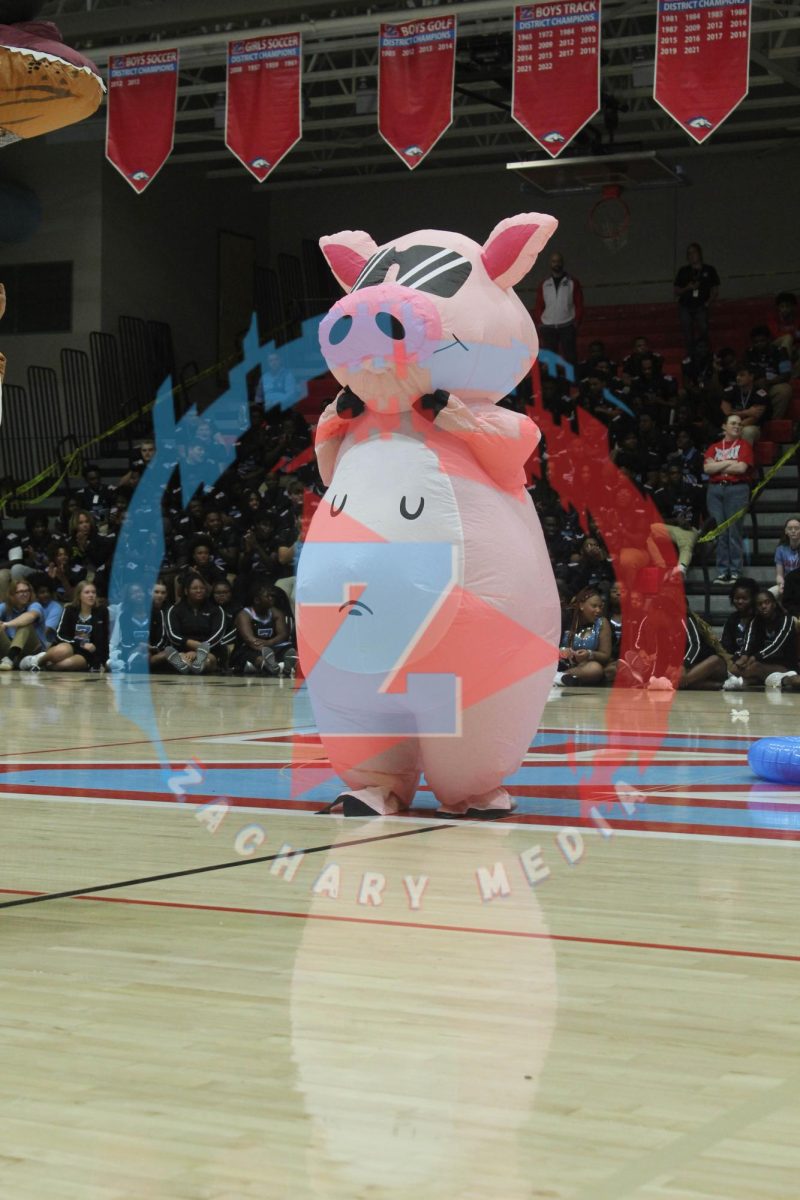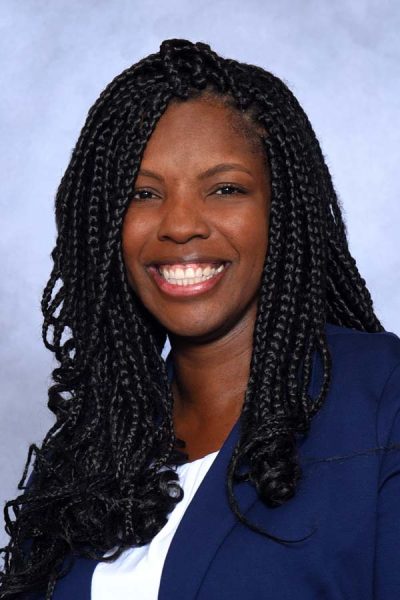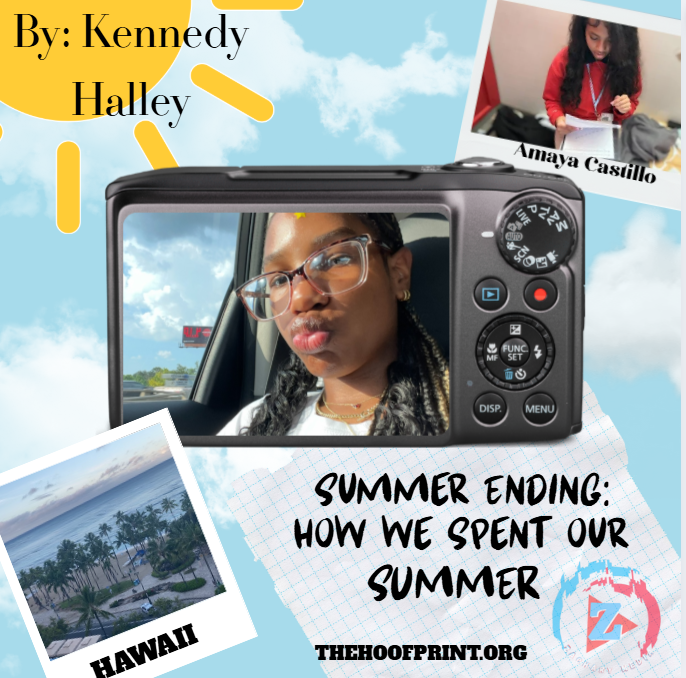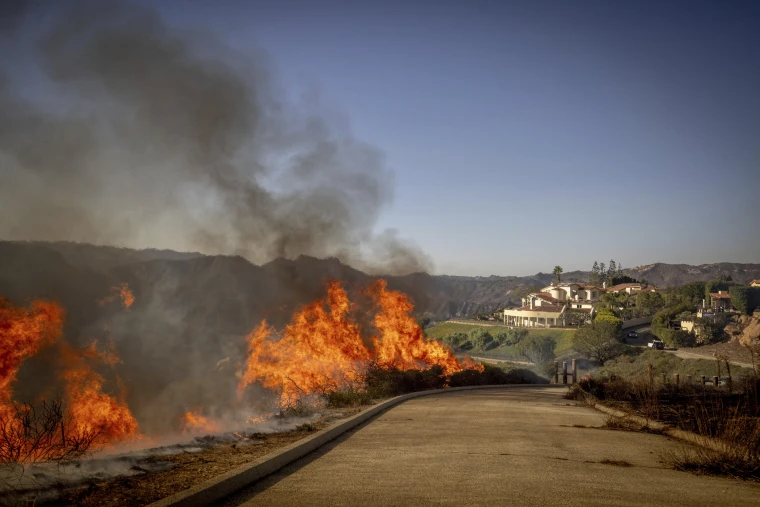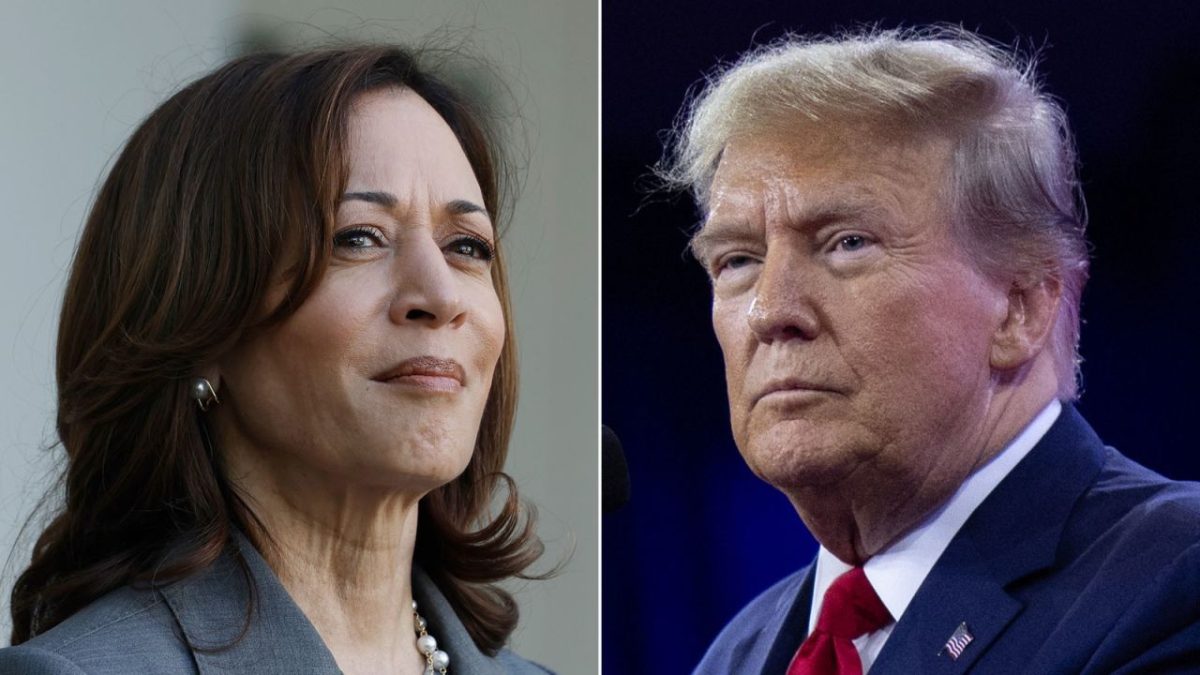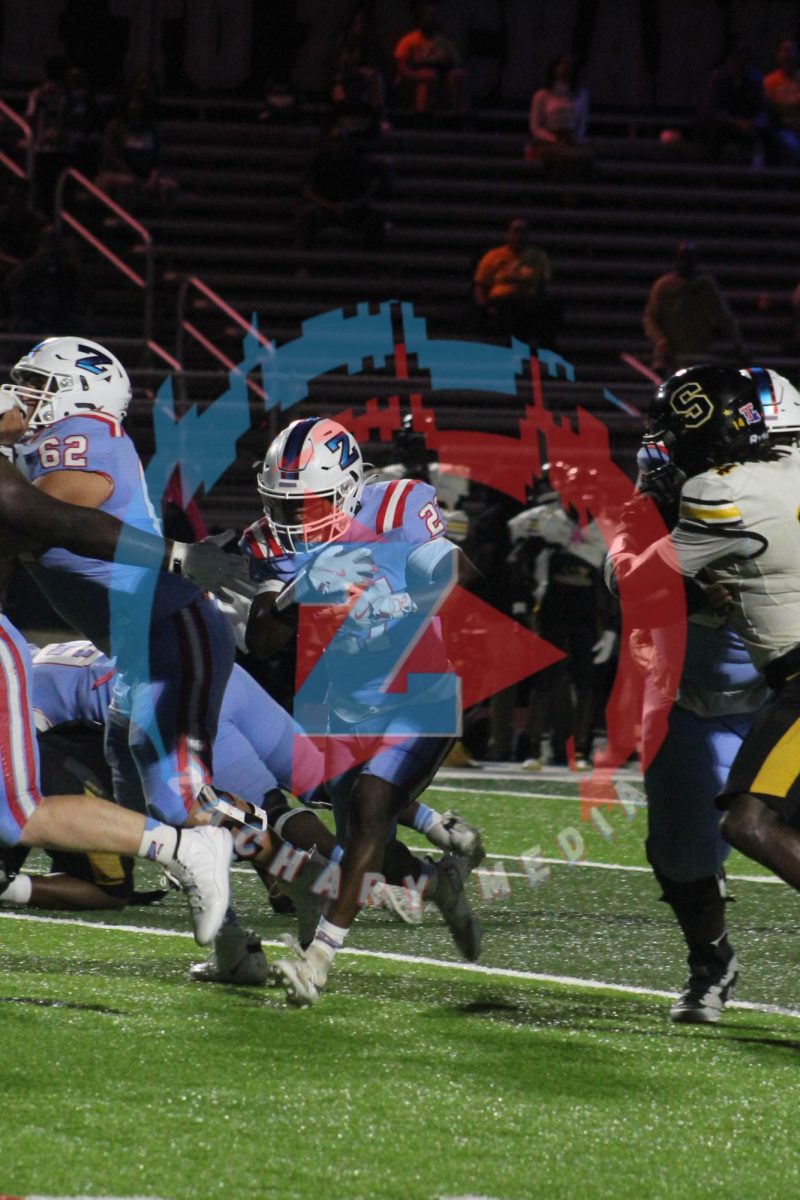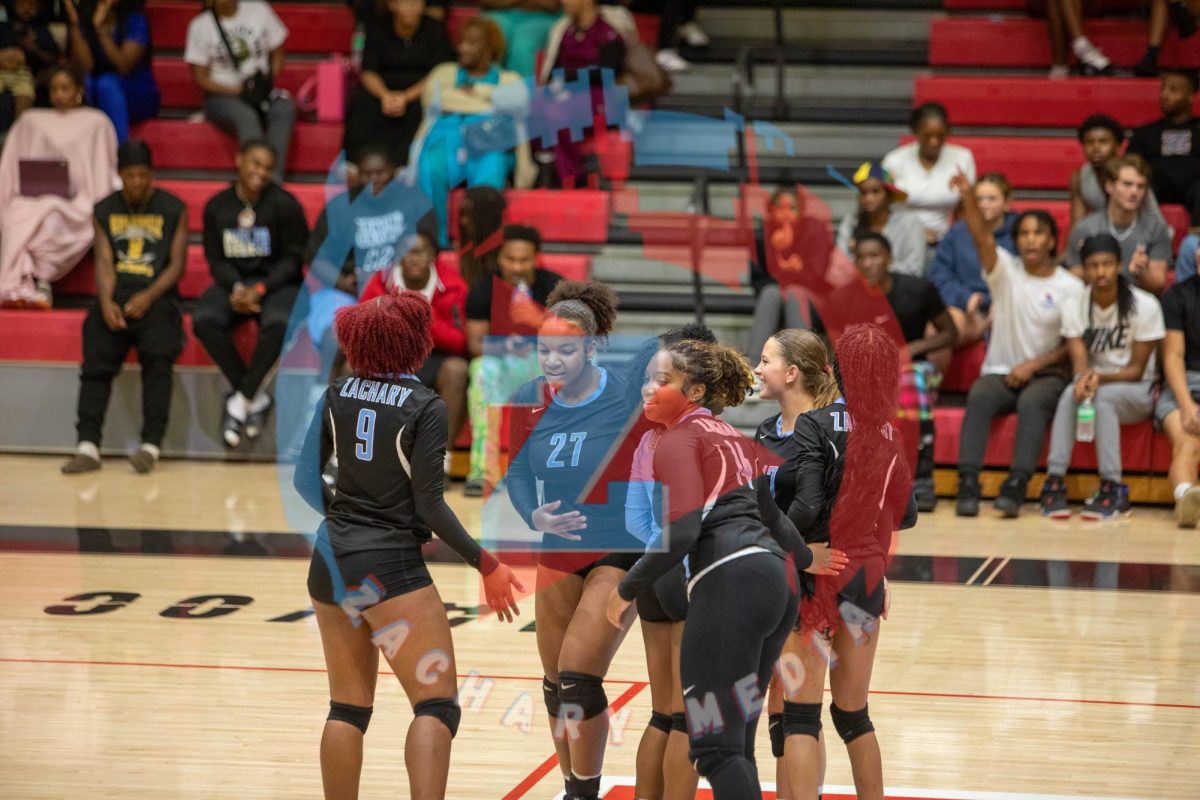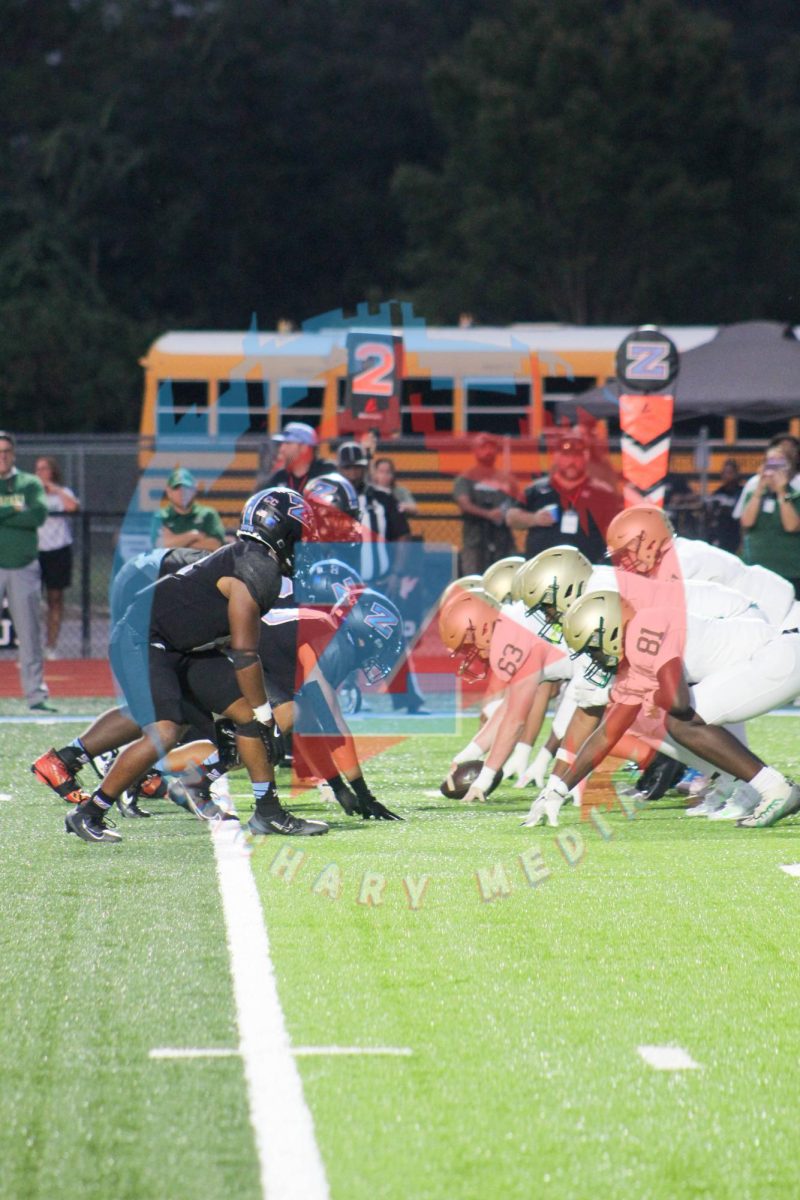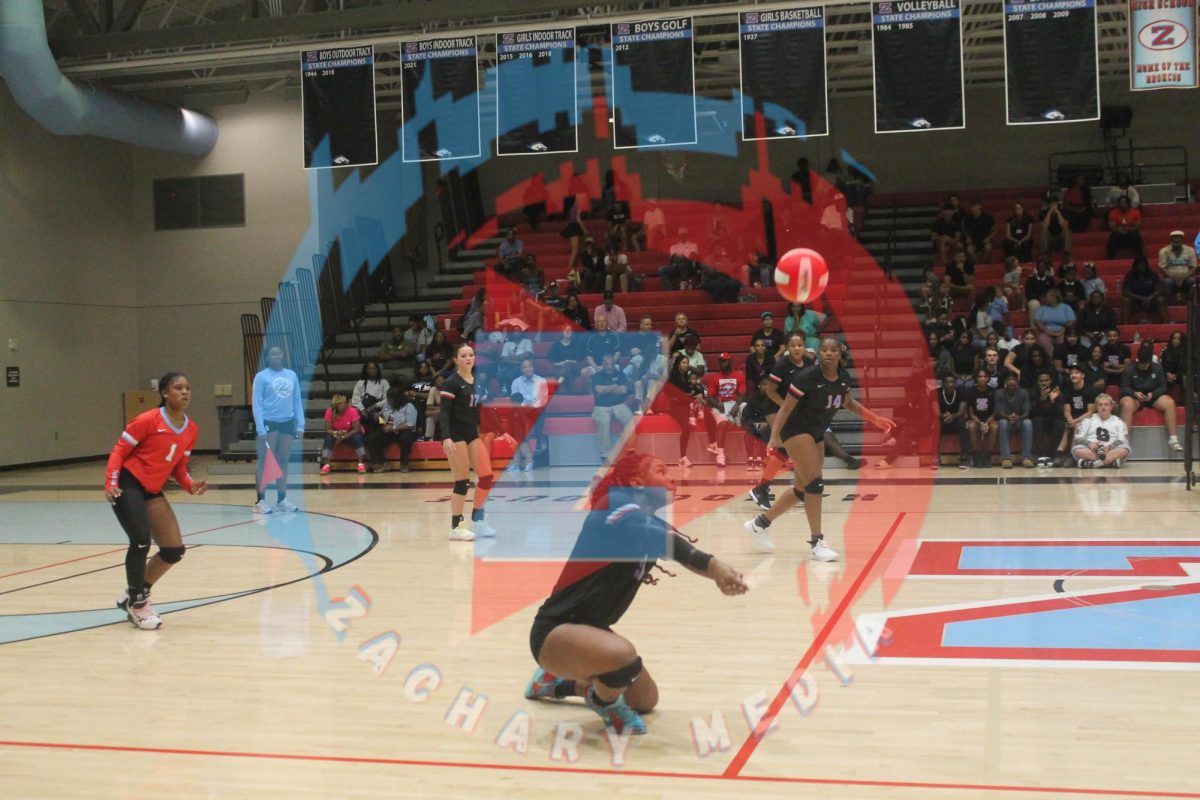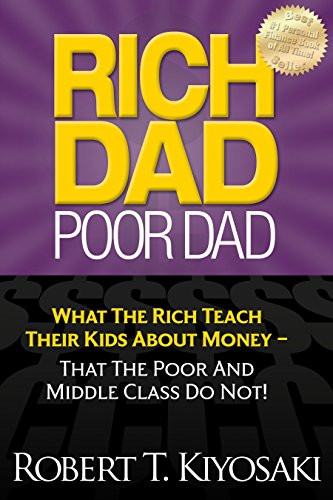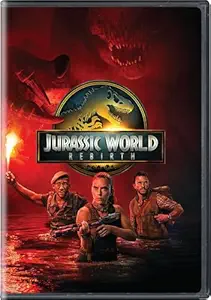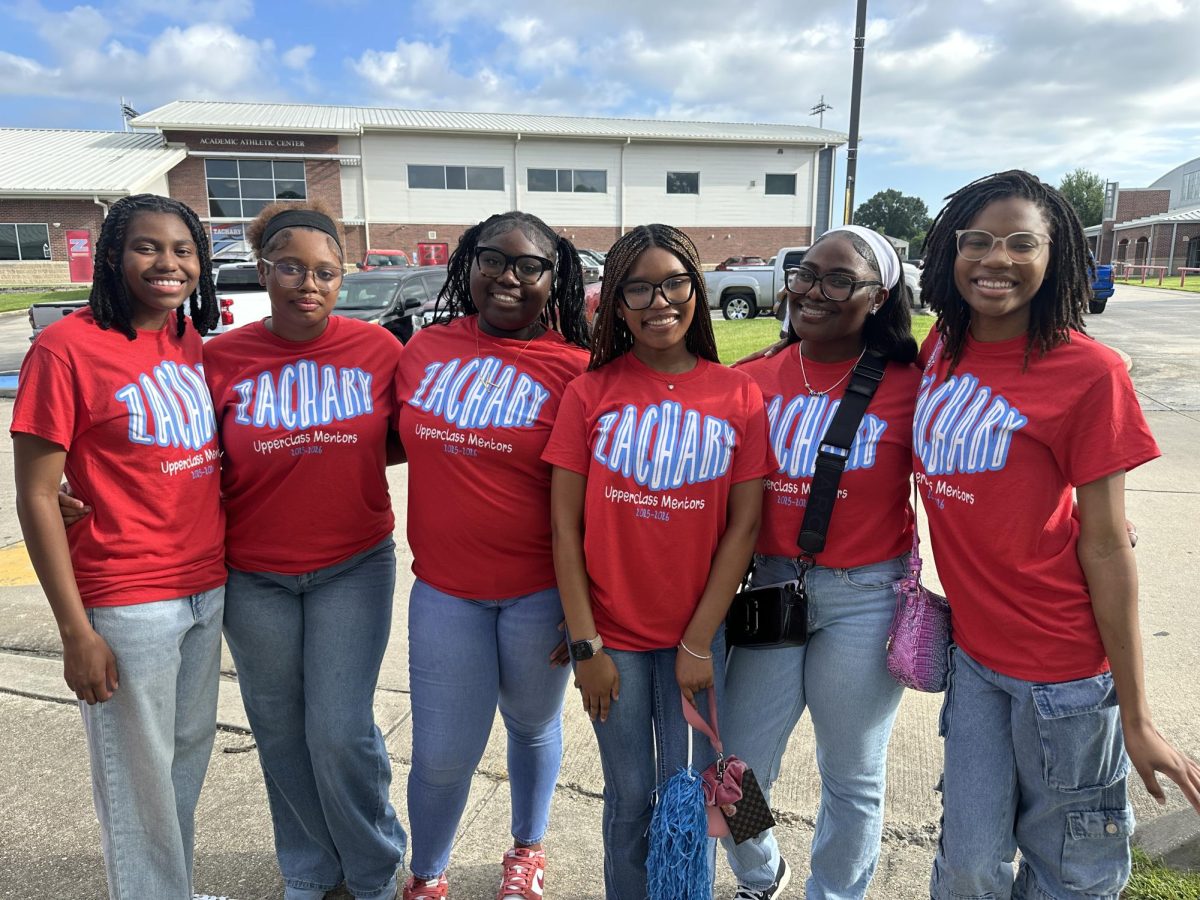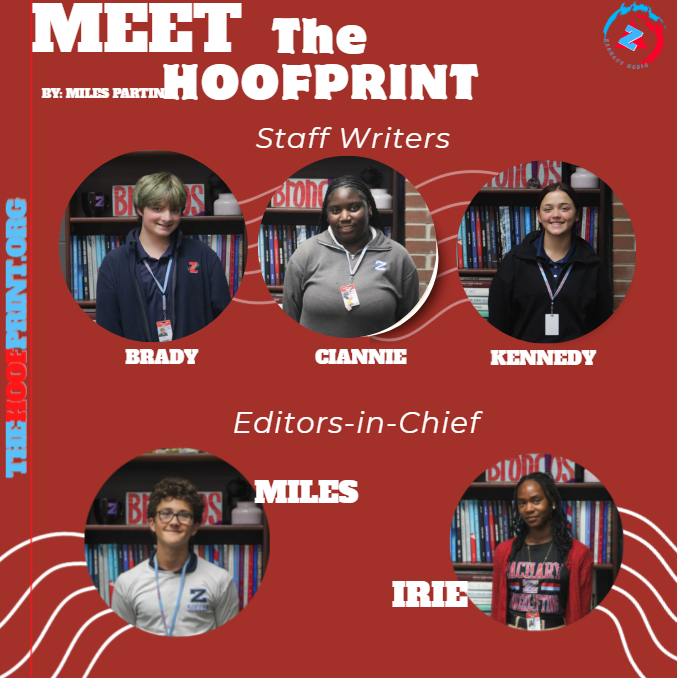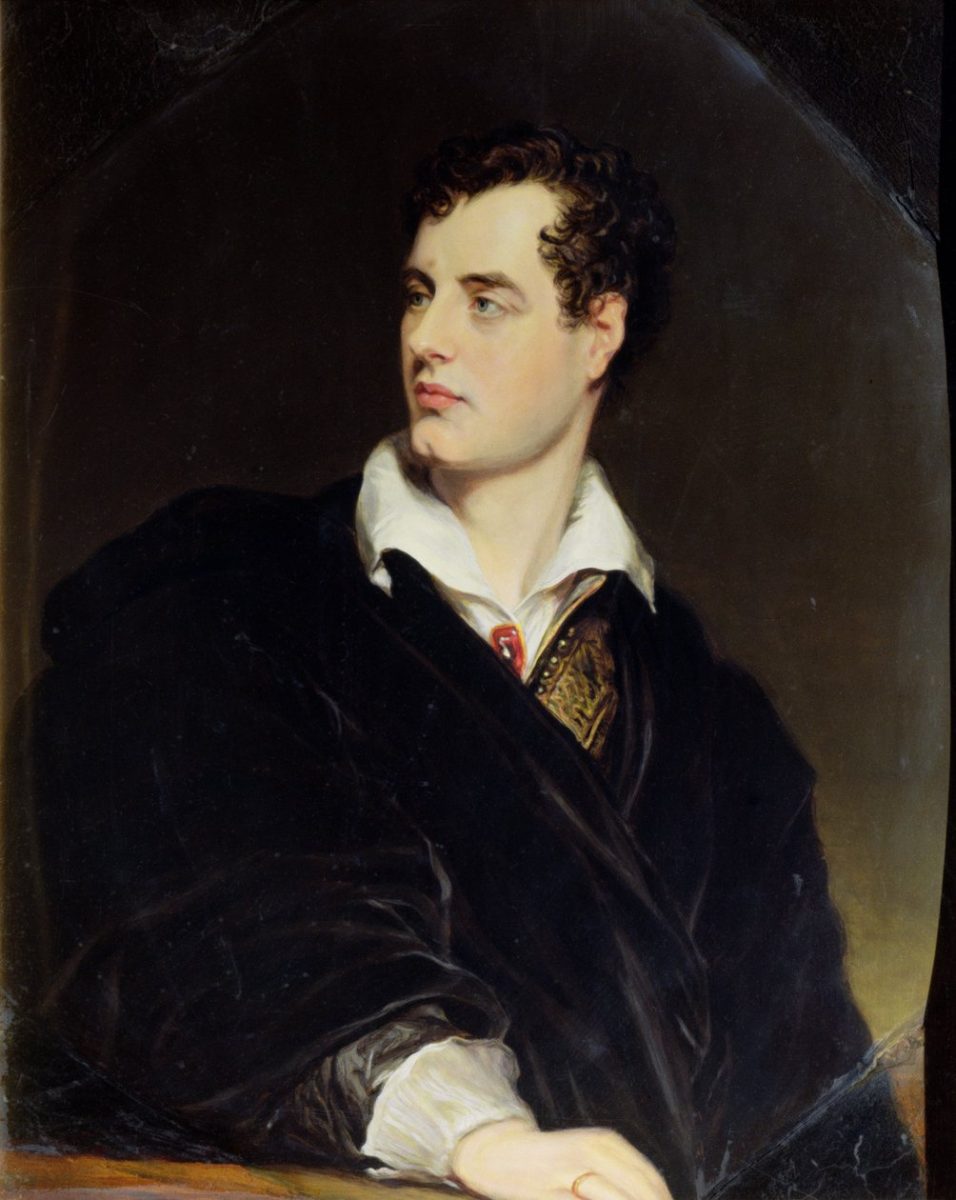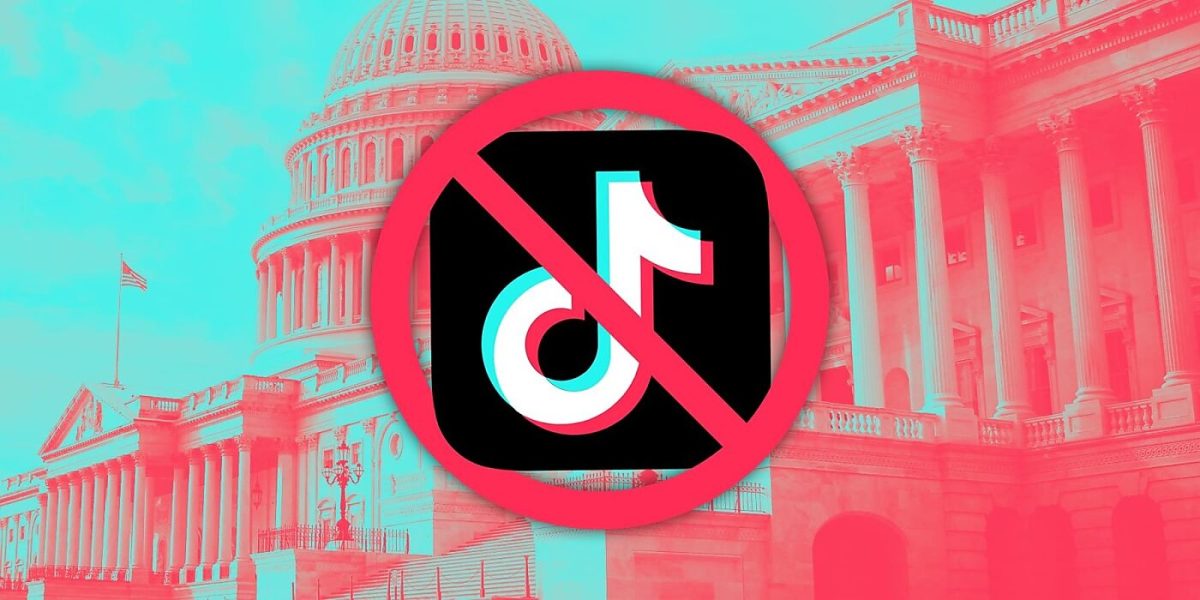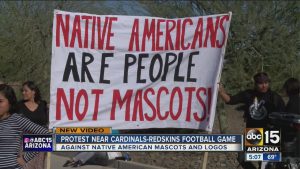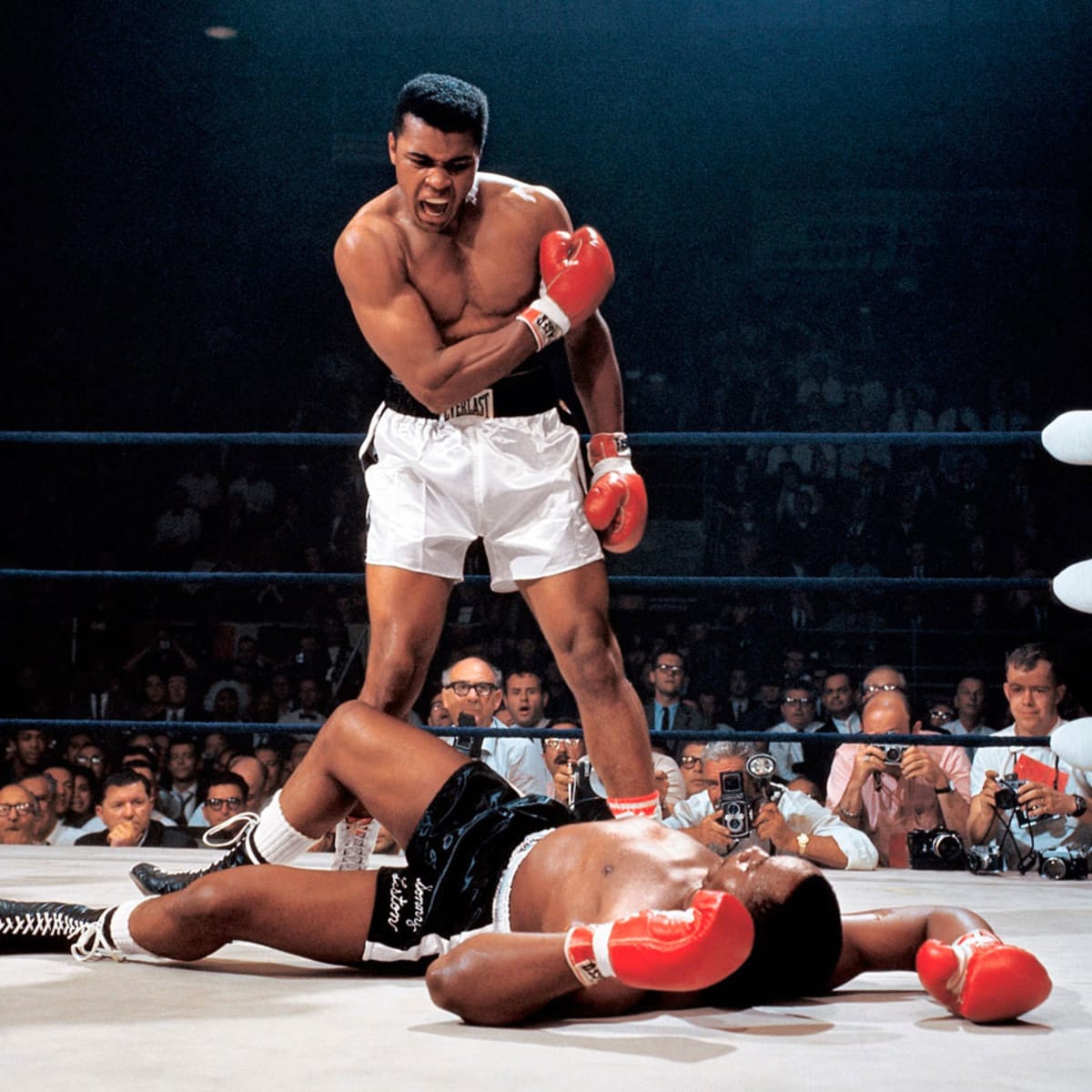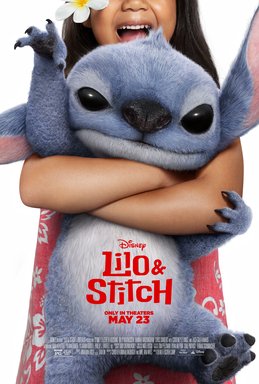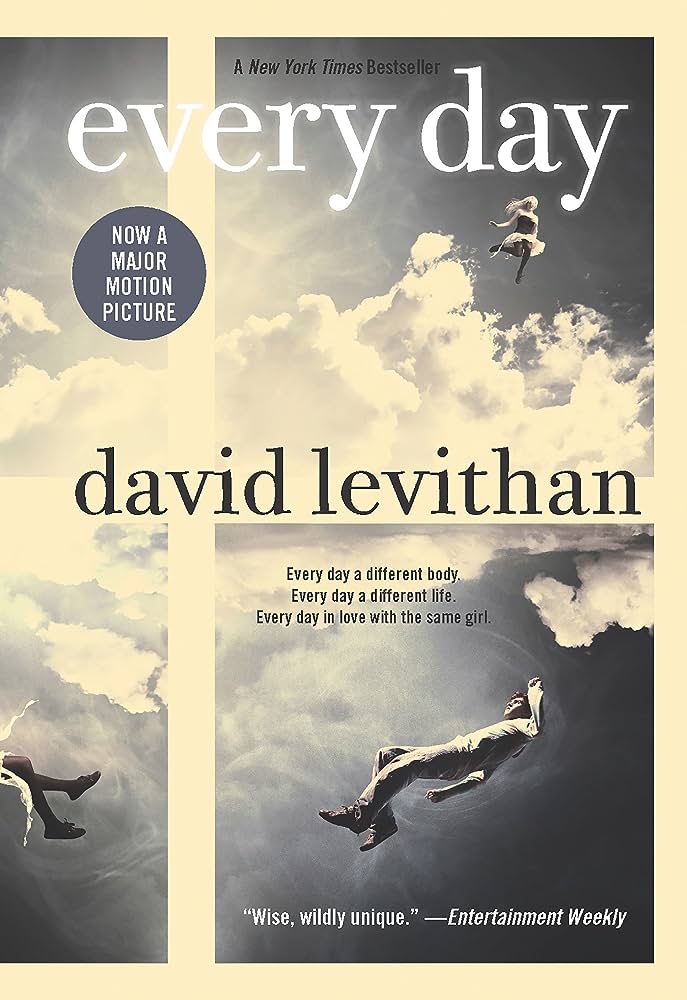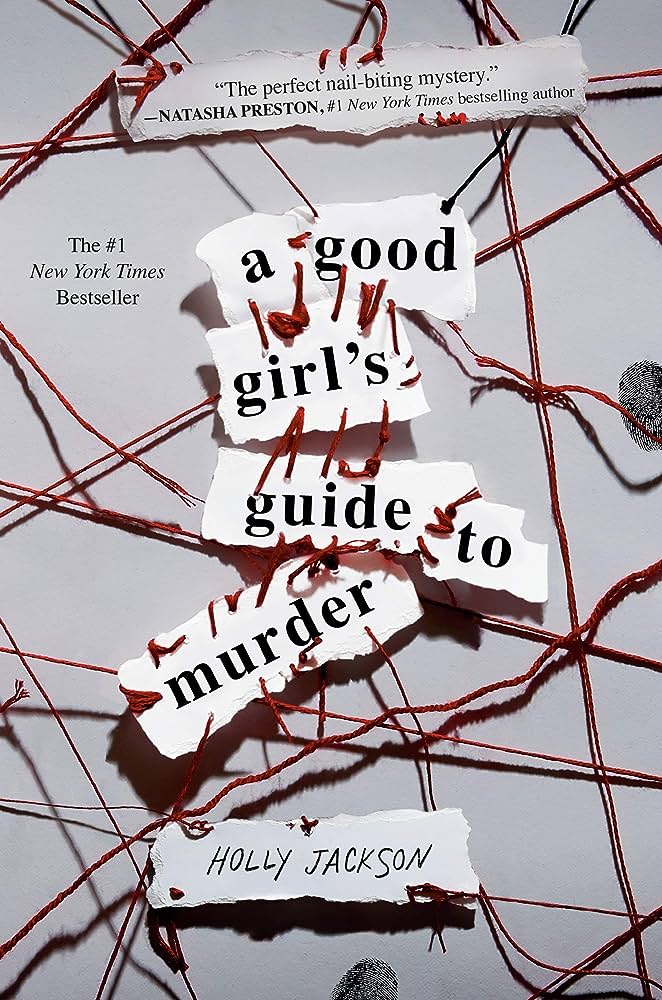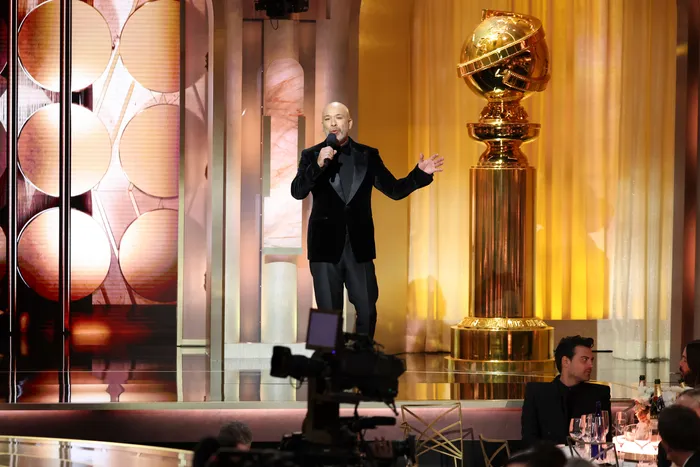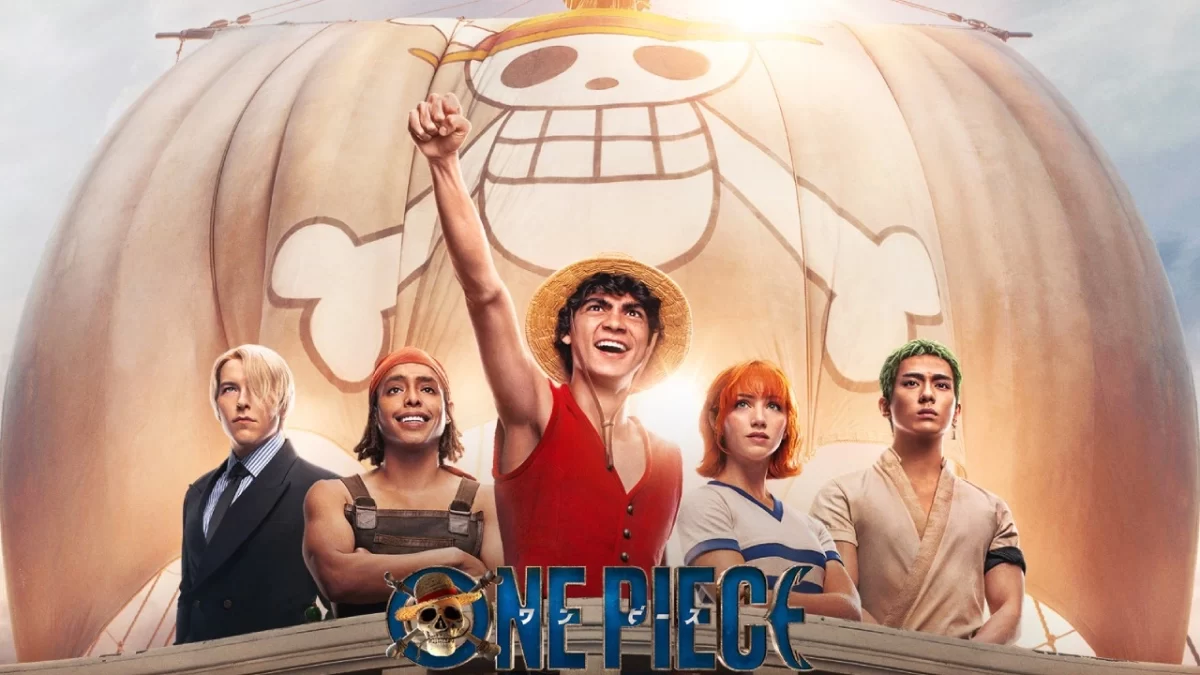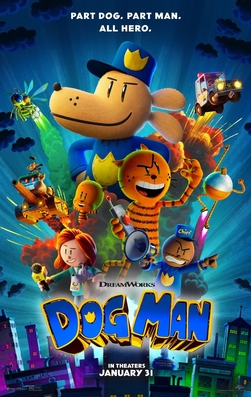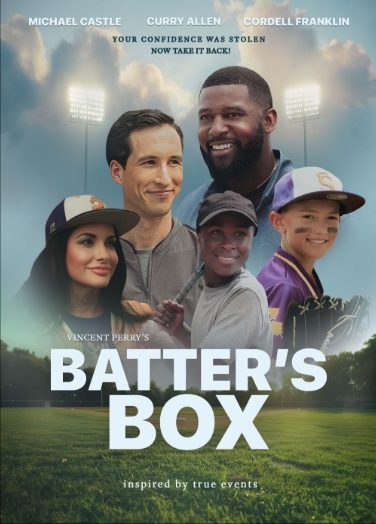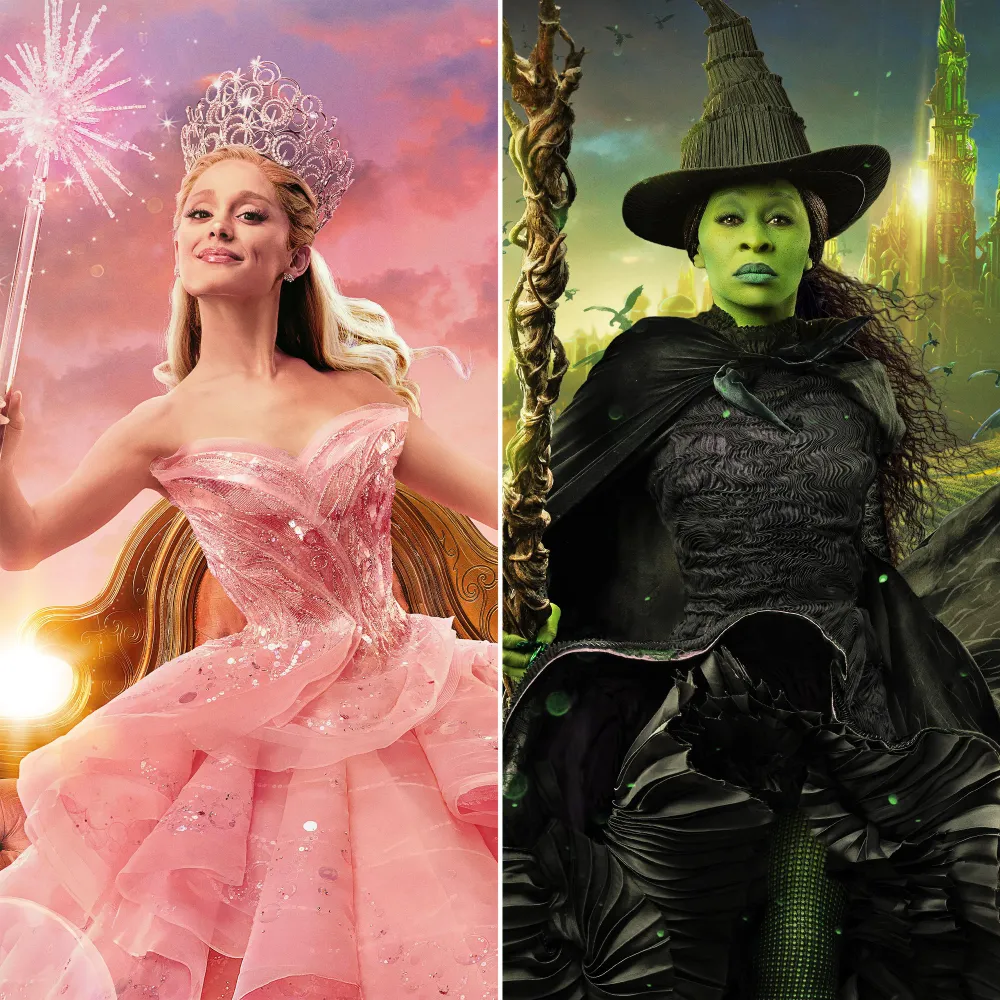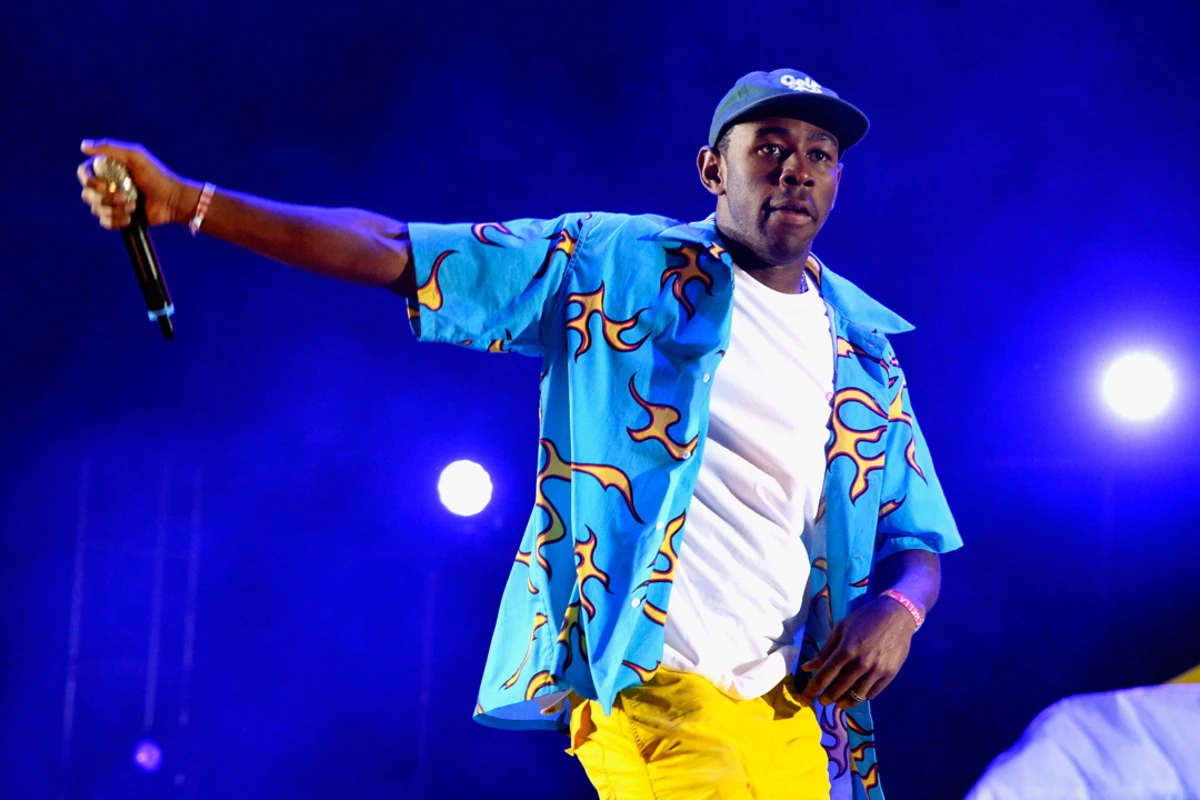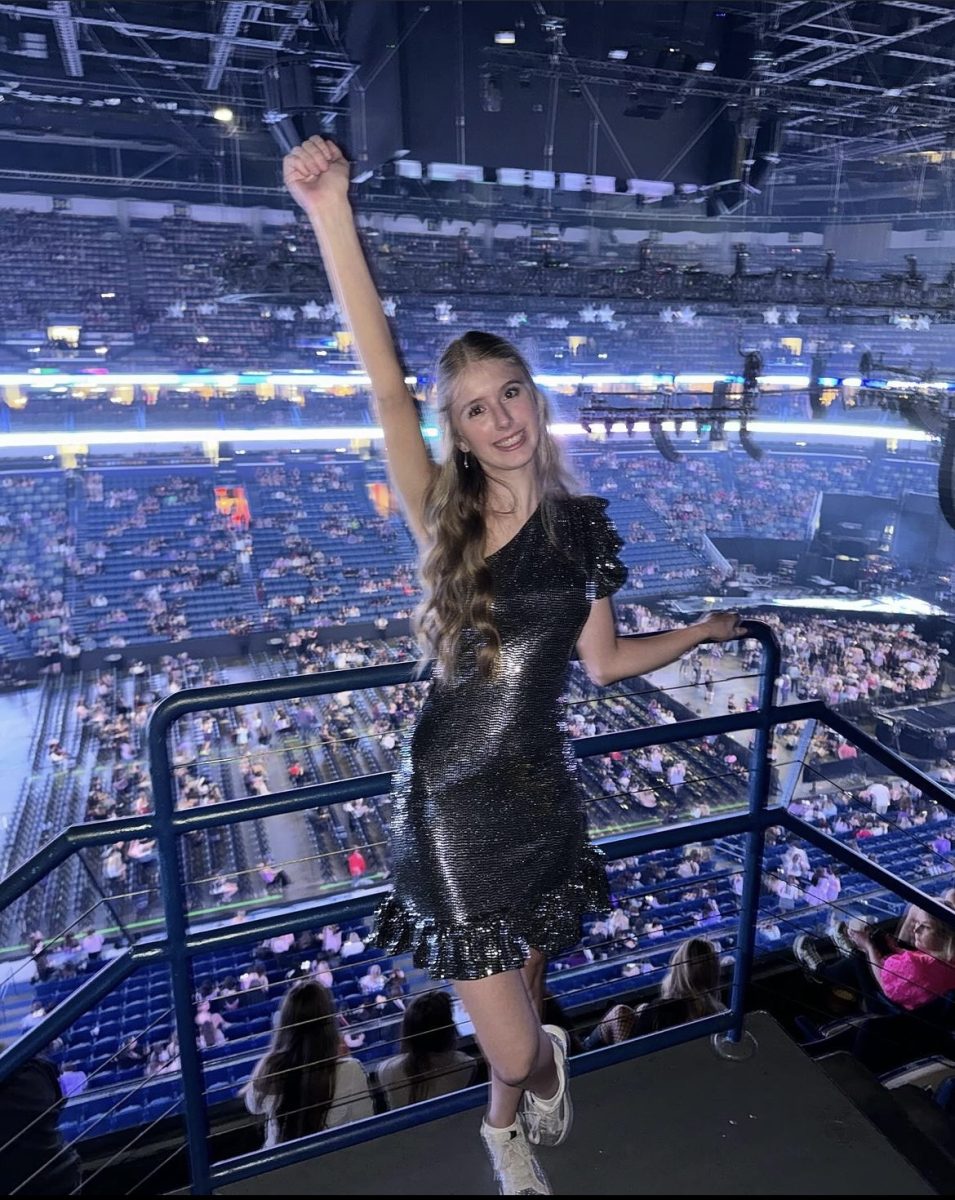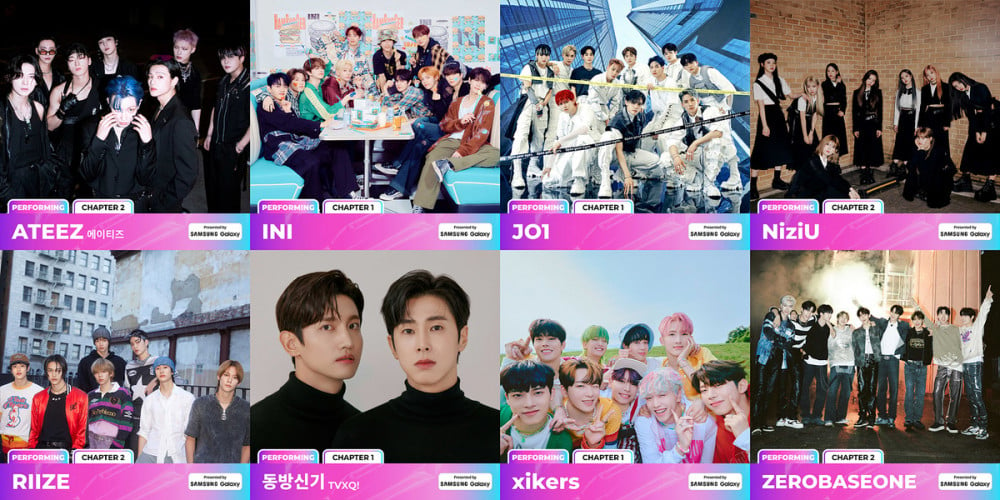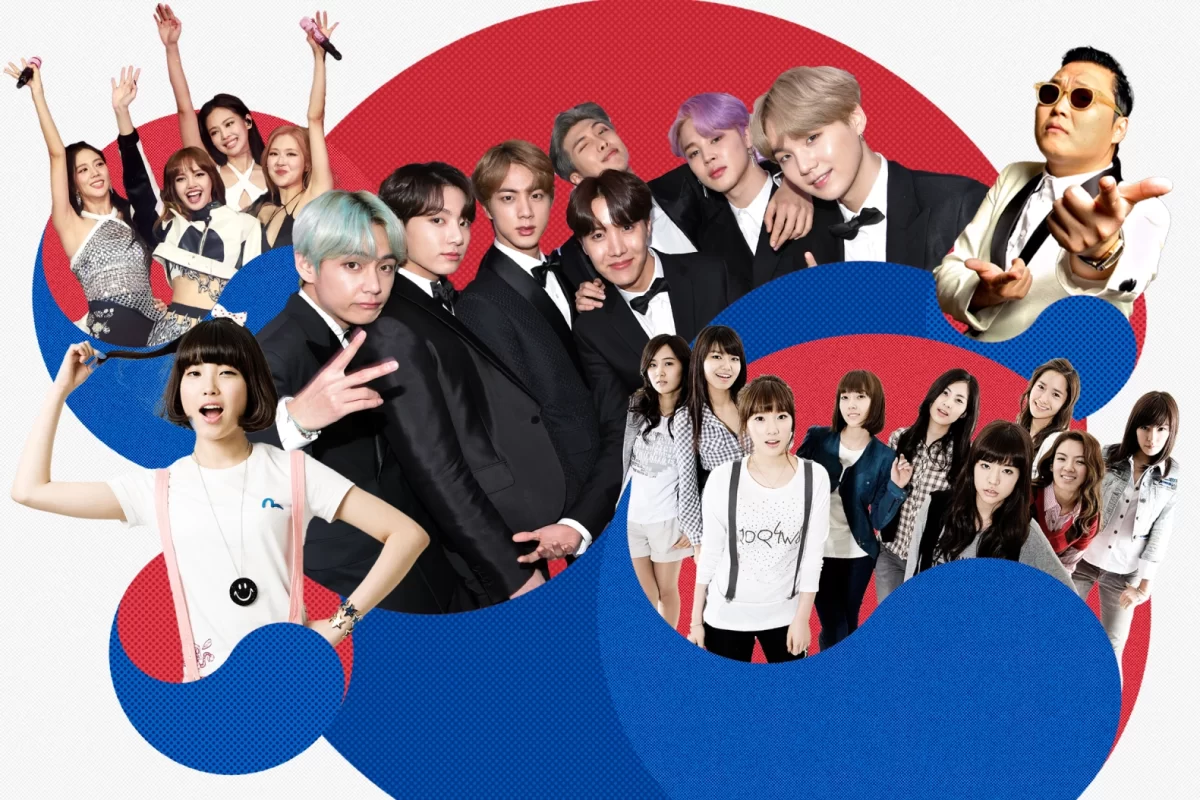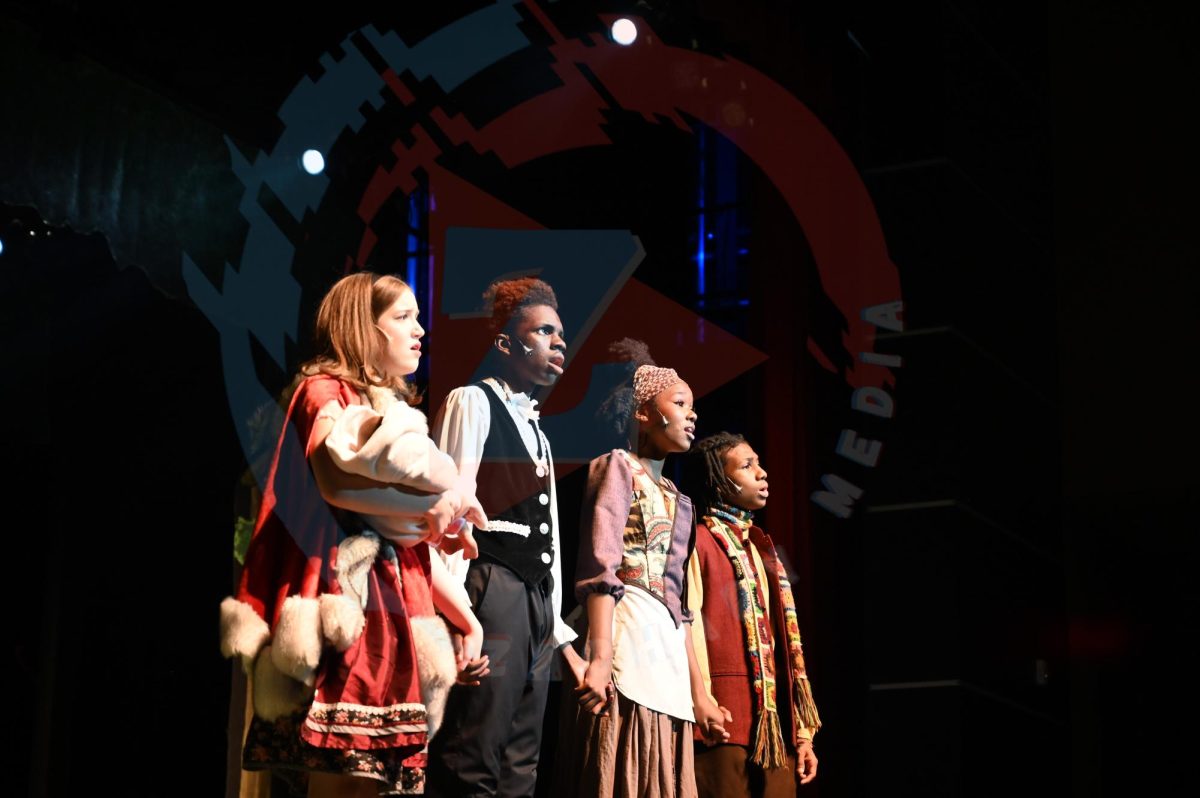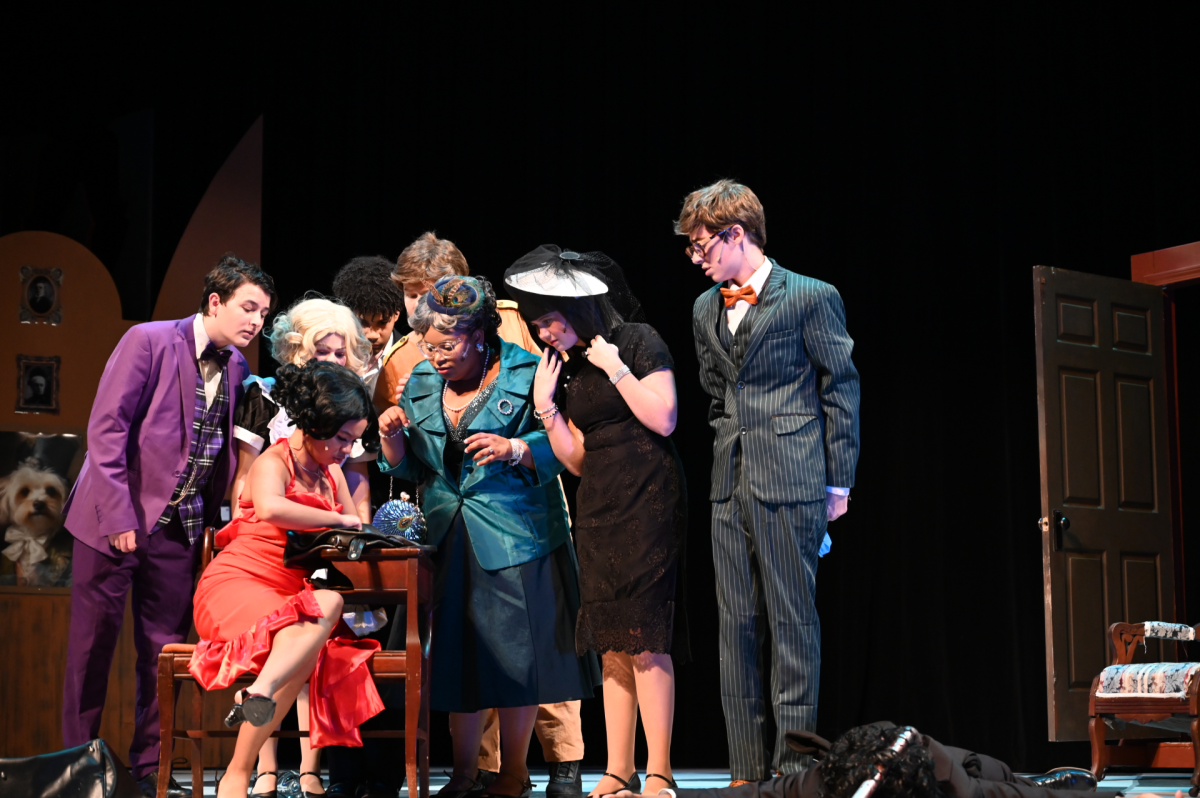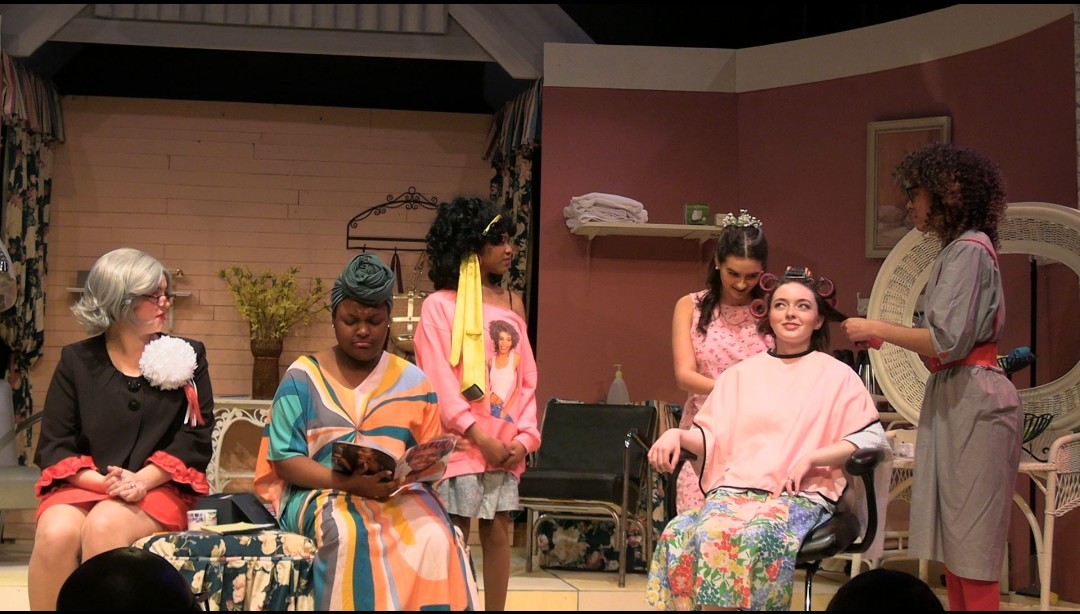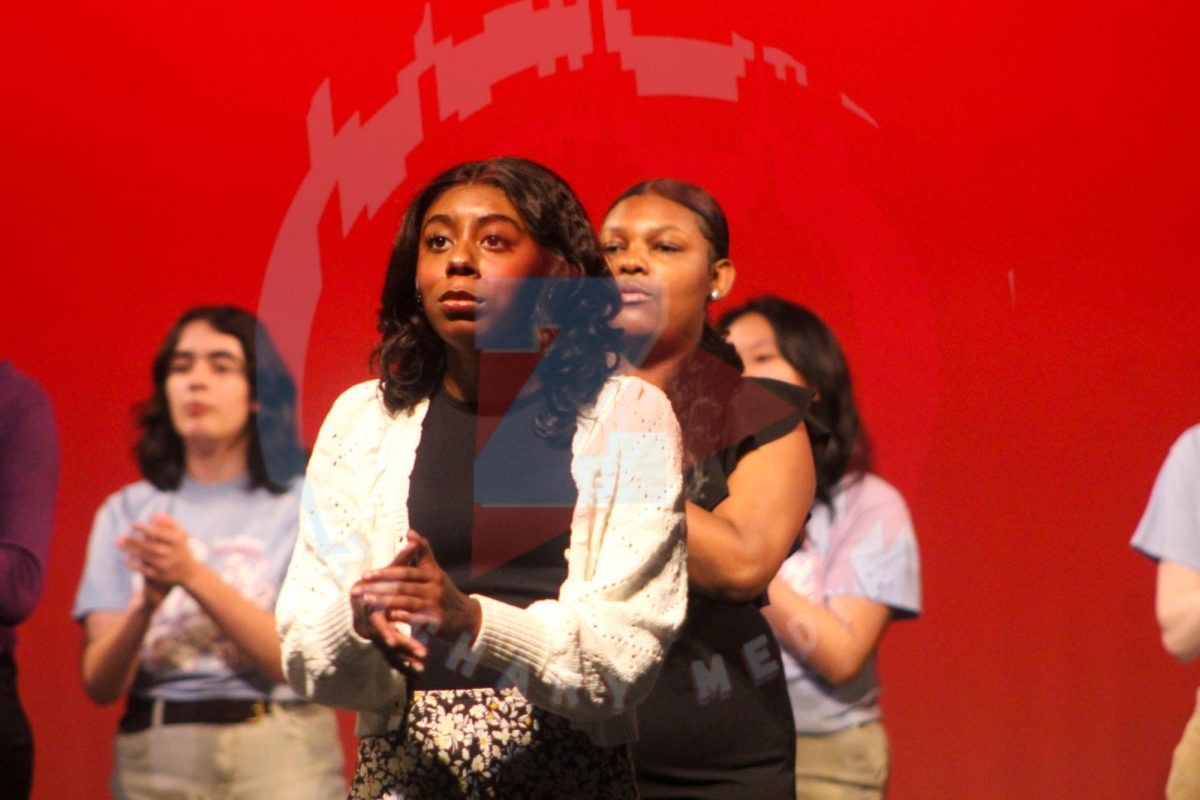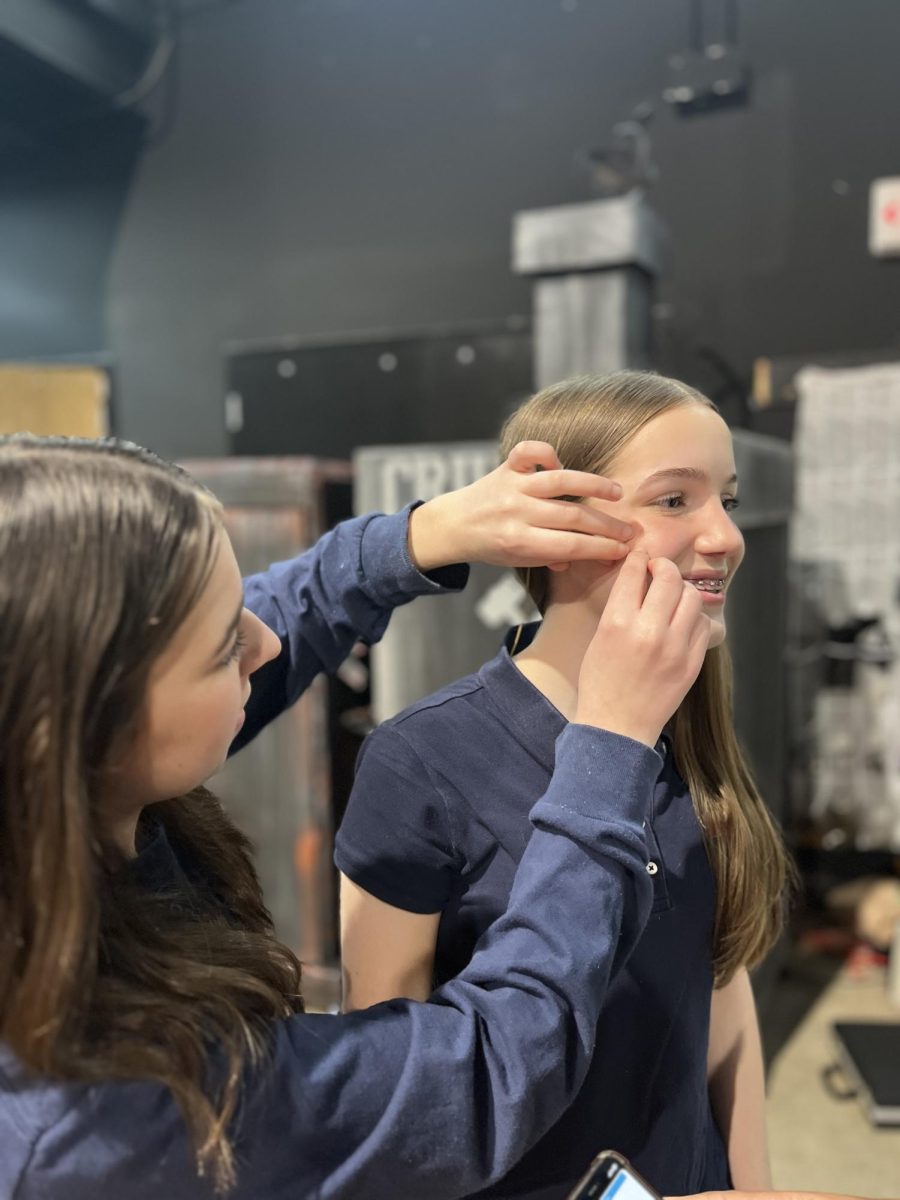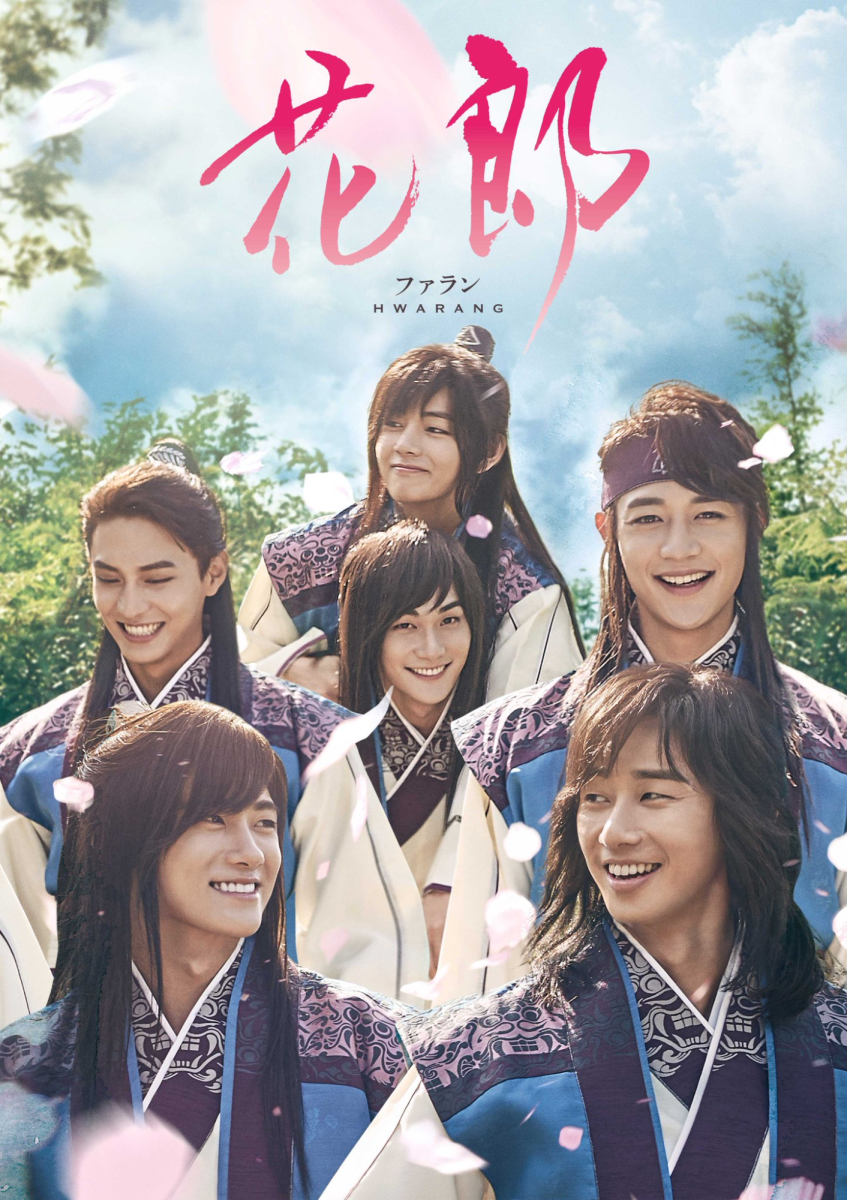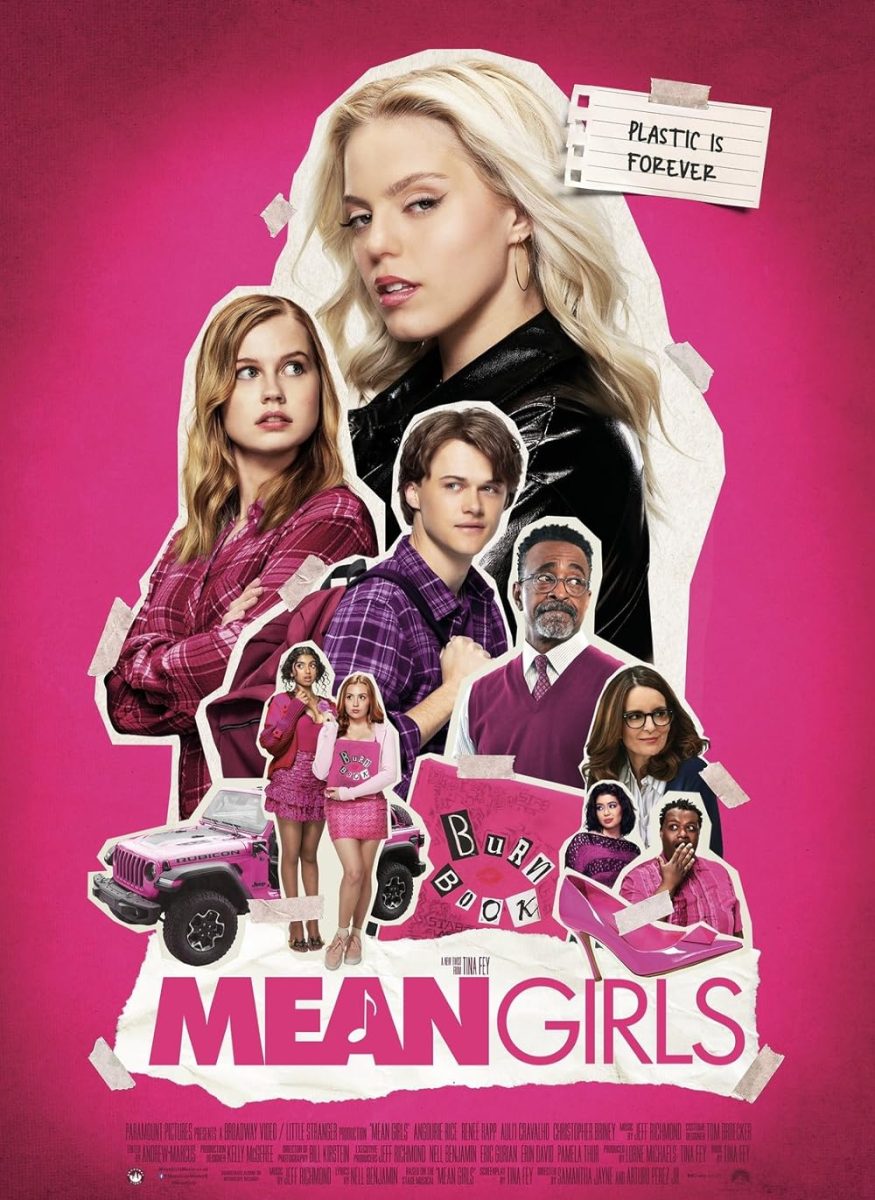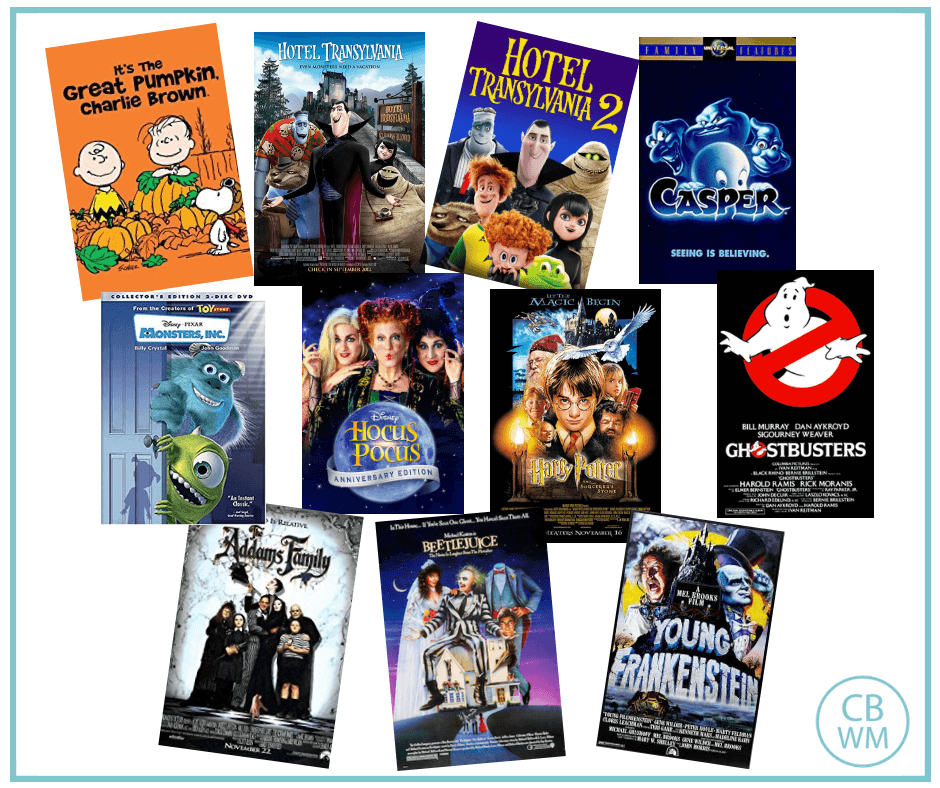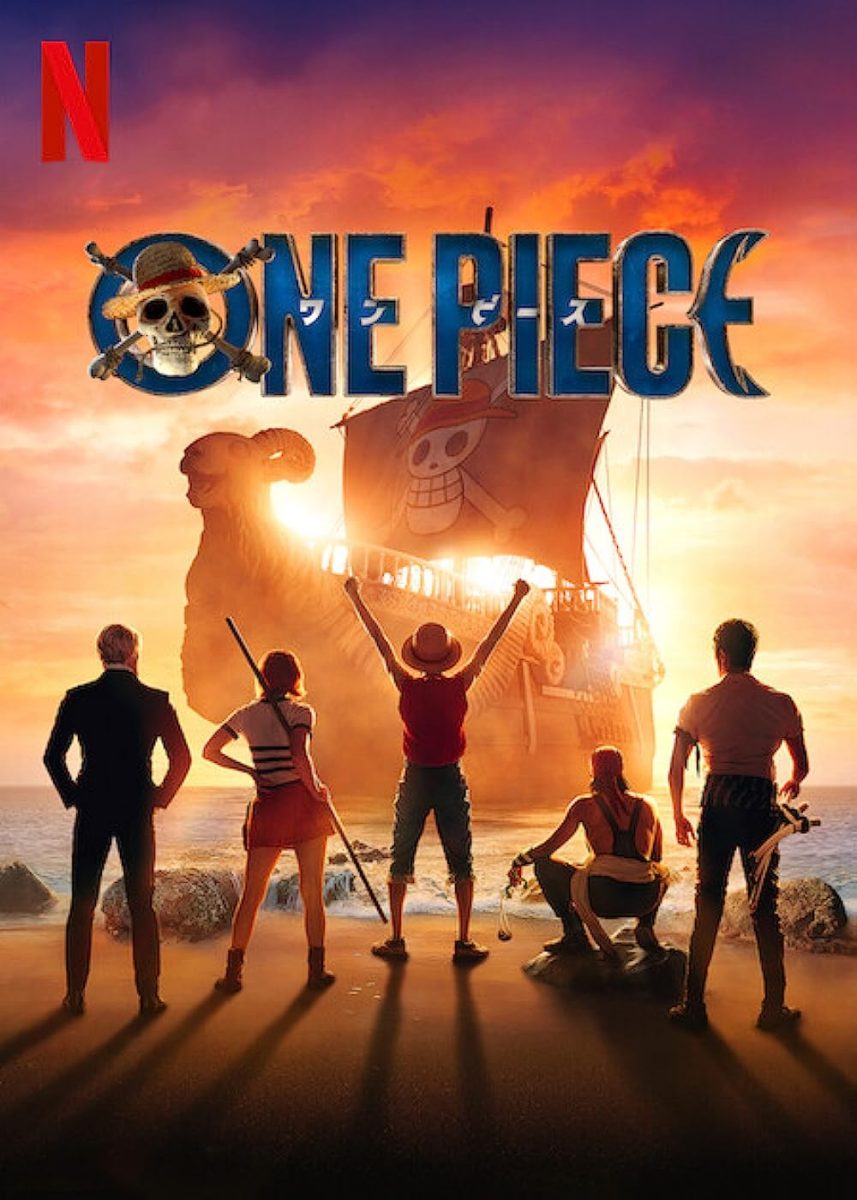Greta Gerwig’s Barbie, a portrayal of misogyny in our society, has created significant controversy online and even at Zachary High!
This summer, the world witnessed one of the most controversial events in history: the release of Barbie. The movie begins in Barbie Land, a fantastical place where Barbies control everything, and Kens followed them blindly. Everything in Barbie Land is picture perfect — Barbies wake up with flawless hair, their clothes magically appear in their closets, and everyone lives in peace and harmony — until Stereotypical Barbie’s human starts to have ideas that disrupt this perfection. Barbie and Ken are forced to venture to the real world to find Barbie’s human and fix Barbie Land. But when Ken discovers “patriarchy” in the real world, things take a turn for the worse. The Kens take over Barbie Land, brainwashing the Barbies into submission and creating a male-dominated Ken Land. It’s up to Barbie and her friends to un-brainwash the Barbies and take back their home!
The movie was obviously a commentary on the misogyny in our society. Barbie Land was a juxtaposition of the real world — where a Barbie was president of Barbie Land, there has never been a female president of the United States; where the Kens were the ones constantly searching for the Barbies’ approval, women in our world are conditioned to feel the need to appeal to men. Moreover, Ken Land was an exaggeration of the society we live in, with the brainwashed Barbies serving the Kens like slaves, and the Kens treating the Barbies like objects.
As to be expected, the film sparked controversy across the internet. While many viewers (mainly women) appreciated and even found humor in the movie’s references to misogynistic society, others weren’t thrilled by the angle the filmmakers decided to take.
Many thought the movie’s feminist critiques were unnecessary and unfair. For example, Elon Musk took to Twitter, saying, “If you take a shot every time Barbie says the word ‘patriarchy,’ you’ll pass out before the movie ends.”
Thousands more followed suit on social media platforms like TikTok, where many creators shared their disappointment that the movie was “just a bunch of feminist crap,” “not the Barbie they were used to,” and “boring.”
In fact, even the students at Zachary High were torn between loving and hating the film.
Daniel Behr (10) chose to watch Oppenheimer instead of Barbie because, “Oppenheimer is more scientific and fun to watch… [Barbie is] about plastic dolls. That’s literally all of it. And plastic dolls are boring.”
On the other hand, Paisley Sanders (9) said, “It was really good… I almost cried at some parts. It was just like really moving…” Sanders is referring to the montage at the end of the movie, which displayed pictures and videos from the lives of real women and defined “womanhood.”
Kaylee Roth (11) shared Sanders’ belief that the movie was a good watch, but missed the old Barbie: “It didn’t really remind me of how it was growing up… It made me feel a little bit weird honestly. I always loved the original Barbie and having this new version was a lot different.”
Like Behr, Dane Buccere (10) watched Oppenheimer instead of Barbie. He said, “They make movies that appeal to guys, and they make movies that appeal to girls. And Barbie appeals to girls.”
The dislike for Barbie is most likely due to misunderstanding the plot and the filmmakers’ purpose. Barbie wasn’t meant to be a silly, frivolous film about true love or coming of age. It wasn’t meant to appease little girls with a mermaid or a fairy. It was meant to represent the struggles that women in our society have grown accustomed to. It was meant to portray women helping other women, therefore, exemplifying womanhood. It was meant to appease grown women who have an understanding of the patriarchy. And it was meant to portray all of this to men.
The Barbie movie was an expert representation of society today and the fact that it has the world in an uproar may further prove its message: women shouldn’t have to adhere to patriarchal values.

